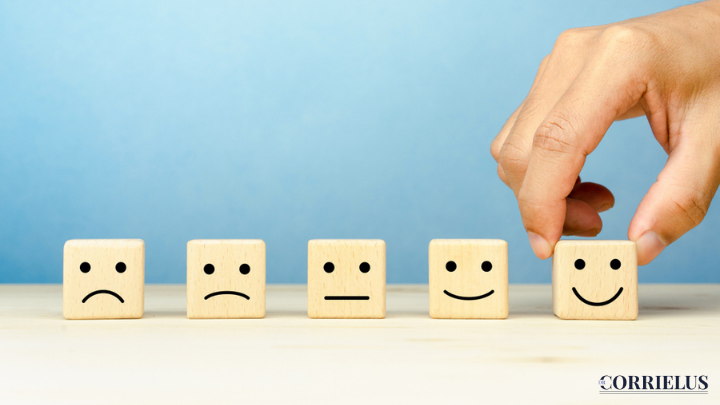When something goes off-base, do you tend to bounce back or drop apart?
When you’ve got resilience — you tackle all the subject factors quite confidently.
You can recover from difficulty or challenge — such as a work misfortune, a sickness, a major disaster, or the passing of a loved one.
Resilience won’t make your issues go absent — but the strength it provides can gift you the capacity to see past them, discover delight in life, and a superior handle push. On the off chance that you aren’t as resilient as you’d like to be, you’ll always be able to develop resilient habits and features.
This article will feature the detailed meaning of Resilience and how it is related to your mental health. Read on to get a clear picture of the same.
What is Resilience?
Life may not come with an outline, but everybody does experience twists and turns, from ordinary challenges to traumatic occasions with more enduring effects, just like the passing of a cherished one, a life-altering mishap, or a genuine ailment.
Each abruptly alters influences individuals, bringing a special surge of consideration, solid feelings, and vulnerability. However, individuals for the most part adjust well over time to life-changing circumstances and unpleasant situations—all credits go to their resilience.
Resilience is the capacity to adjust to troublesome circumstances. When push, difficulty, or injury strikes, you still encounter outrage, pain, and torment, but you’re able to keep working — both physically and mentally.
In any case, resilience isn’t almost putting up with something troublesome, being phlegmatic, or figuring it out on your own. In reality, being able to reach out to others for support may be a key portion of being resilient.
Being resilient doesn’t mean that an individual won’t encounter hindrances. Individuals who have endured major difficulty or injury in their lives commonly experience extreme torment and push. In truth, the path to resilience is likely to include considerable emotional distress.
While certain factors or incidents might make a few people more resilient than others, it isn’t essentially an identifying characteristic that, as it were, a few individuals have. On the opposite, resilience includes behaviors, considerations, and activities that anybody can learn and create. The capacity to build up resilience is one reason that shows that resilience is conventional, not exceptional.
What is the Link between Resilience and Mental Health?
Resilience can offer assistance to secure you from different mental health conditions, such as depression and anxiety. It can moreover offer assistance to counterbalanced variables that increment the hazard of cognitive health problems, such as being bullied or past injury.
On the off chance that you’ve got an existing mental health issue, being resilient can improve your coping ability.
There’s sufficient proof of the mental perspectives and properties of resilience. Properties like positive thinking, self-esteem, and self-efficacy have a positive impact on early formation for a long time; these characteristics cultivate a strong climate for future growth. The positive mental well-being approaches and flexibility improvement are intensely adjusted to worldwide mental health viewpoints and draw their impact from positive brain research.
Resilience is frequently measured behaviorally on the premise of the person’s competence and victory in meeting up to society’s expectations despite extraordinary obstacles.
The modern era can be summed up as a period of challenges and competition. These attributes offer assistance in building the flexible and positive ecological balance which would from there on encourage upgrading the mental well-being of future eras.
A Word from the Doctor
Getting help when it’s needed is pivotal in building your resilience.
For numerous individuals, utilizing their resources is the first step to building mental strength. But at times, a person might get stuck or have trouble making progress on the path to resilience.
Always remember, resilience lets you wish for stronger backs and not lesser loads!
And if you want to learn more about how to build resilience, contact me right away!



